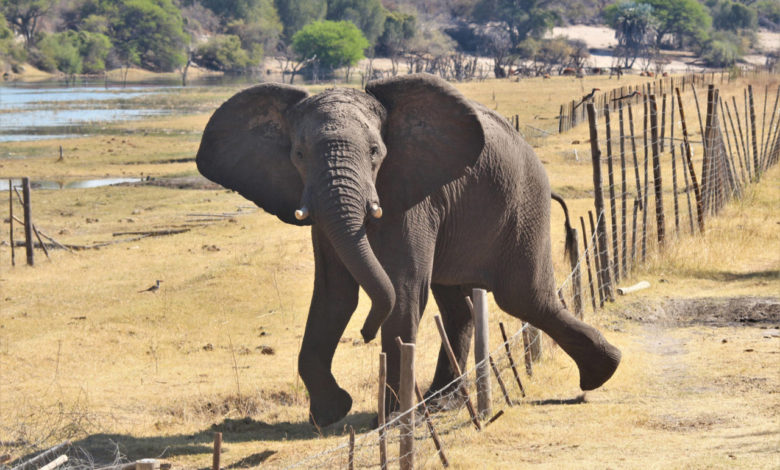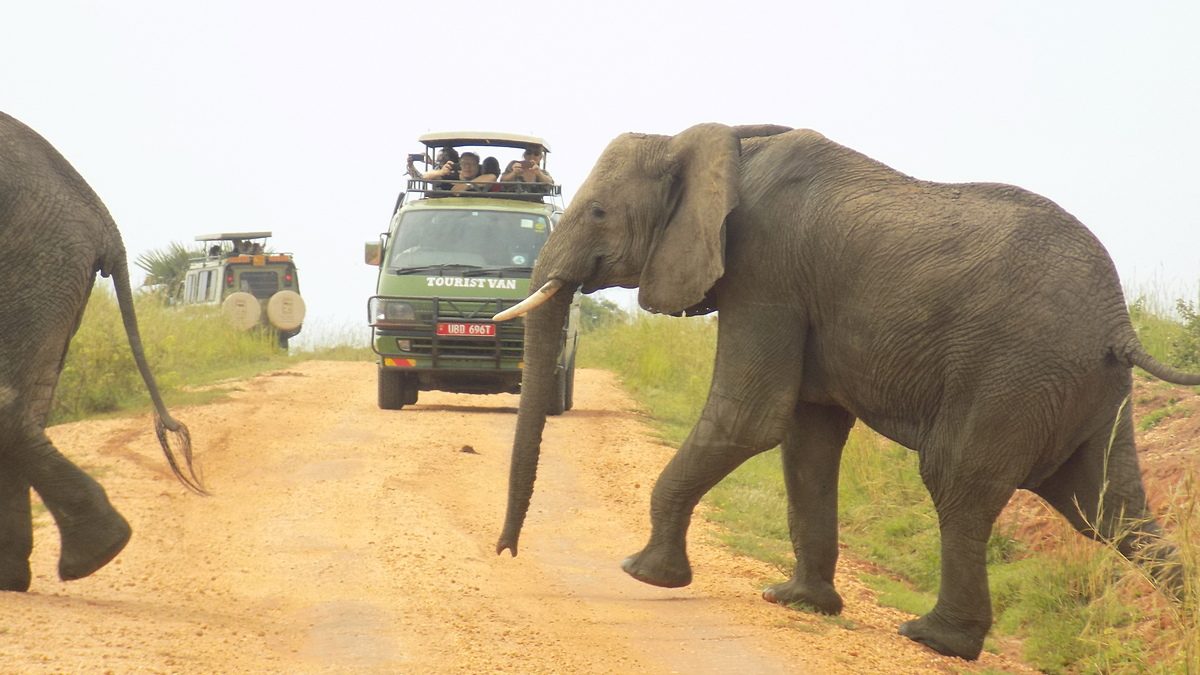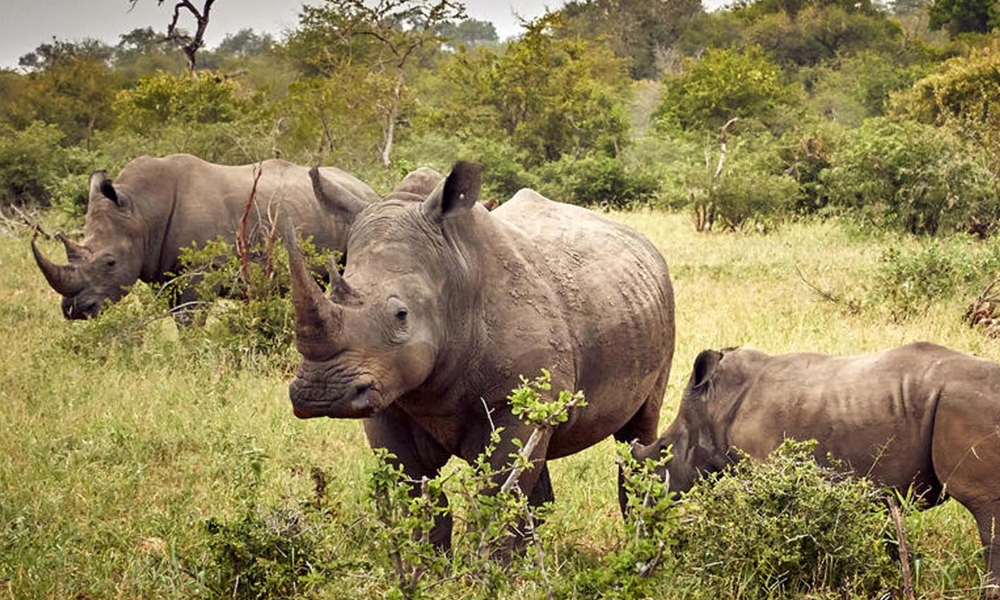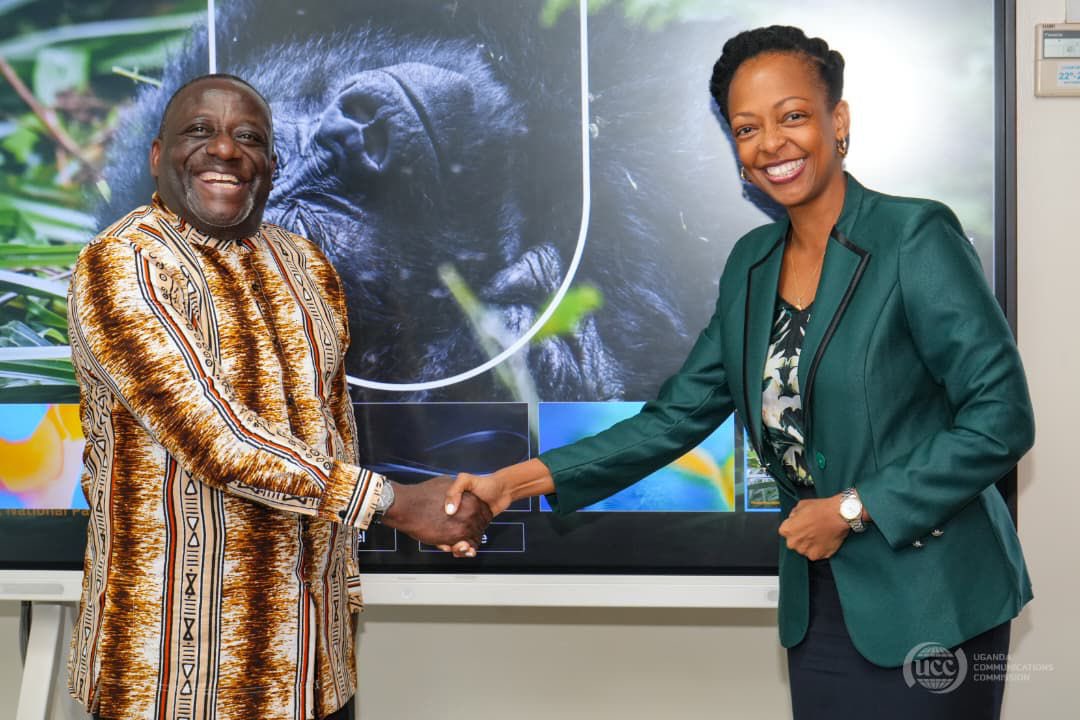Climate Change Escalating Human-Elephant Conflicts In Africa
More than 50 elephants have lately been killed in Kenya as a result of retaliatory attacks from subsistence farmers and herders, said Balala, adding that between January to June, the country lost 149 elephants due to acute drough

The unfolding climate crisis in Africa is behind an upsurge of violent clashes pitting local communities and elephants, senior officials said Wednesday at a virtual briefing convened by Elephant Protection Initiative, a conservation lobby.
Najib Balala, Kenya’s Cabinet Secretary for Tourism and Wildlife said climate emergencies, habitat loss and illegal settlements are fueling human-elephant conflicts in the continent, to the detriment of economic progress.
“Climate change is emerging as the key driver of conflict between communities and elephants even as poaching remains a minimal threat to the iconic species,” Balala told the forum in Nairobi, the capital of Kenya.
More than 50 elephants have lately been killed in Kenya as a result of retaliatory attacks from subsistence farmers and herders, said Balala, adding that between January to June, the country lost 149 elephants due to acute drought.
As a stop-gap measure, he said, the government has invested in water pans inside wildlife sanctuaries, protective barriers and community engagement to minimize human-elephant conflict in the current drought cycle.
Paula Francisco Coelho, the Secretary of State for the Environment in Angola said despite taming elephant loss due to poaching, African countries are grappling with extreme weather events, shrinking habitats and unsustainable land-use practices that have fueled violent encounters between local communities and the giant land mammals.
Coelho said the continent required a robust and self-sustaining climate response strategy to minimize threats to iconic species like elephants besides advancing ecological resilience.
She added that community-led actions on climate emergencies should be combined with financial incentives to motivate farmers and livestock herders to value and protect flagship species including elephants and rhinos.
Kumara Wakjira, the Director-General of the Ethiopian Wildlife Conservation Authority, said that investing in climate resilience for local communities could reduce human-elephant conflicts in the drought-prone Horn of Africa region.
According to Wakjira, enhanced protection of biodiversity hotspots like wildlife sanctuaries, forests and wetlands will minimize conflict between communities and elephants while providing a natural buffer against climatic shocks.
Brighton Kumchedwa, the director, the Department of National Parks and Wildlife in Malawi said that African countries should leverage community education, legislation and adaptation financing as part of their response to human-elephant conflicts.






